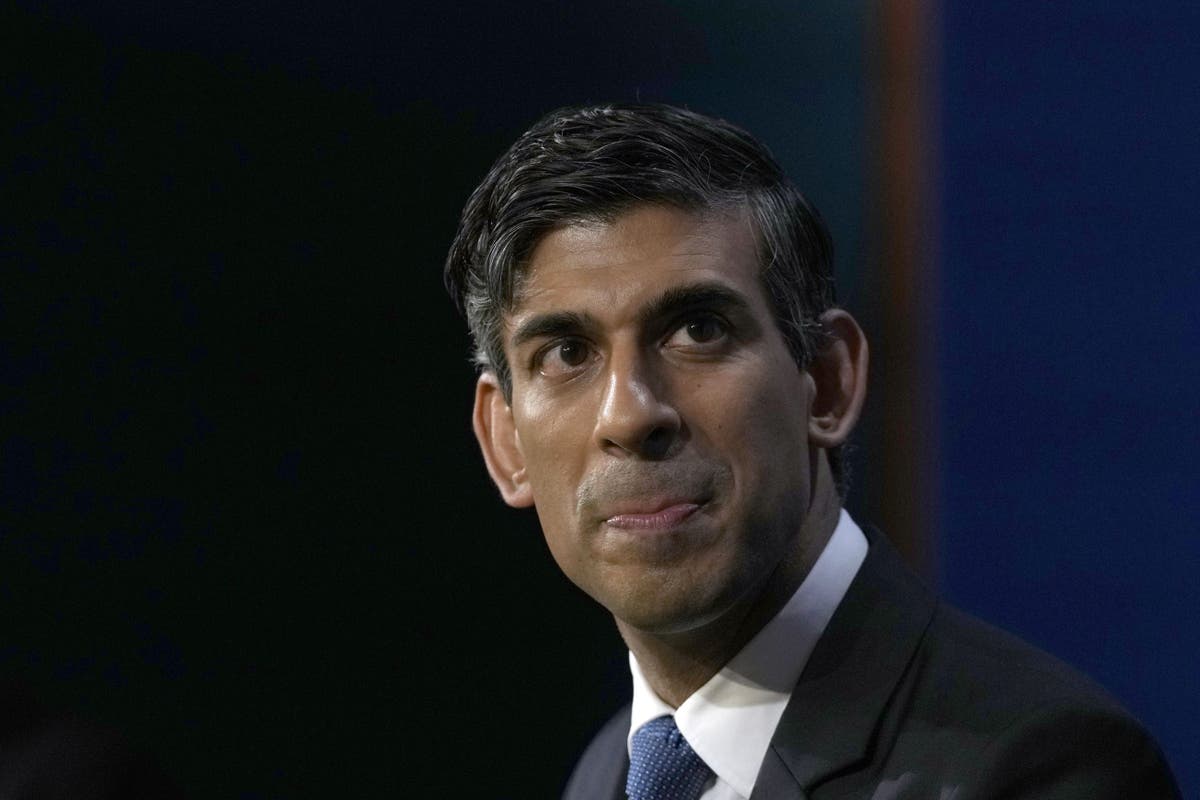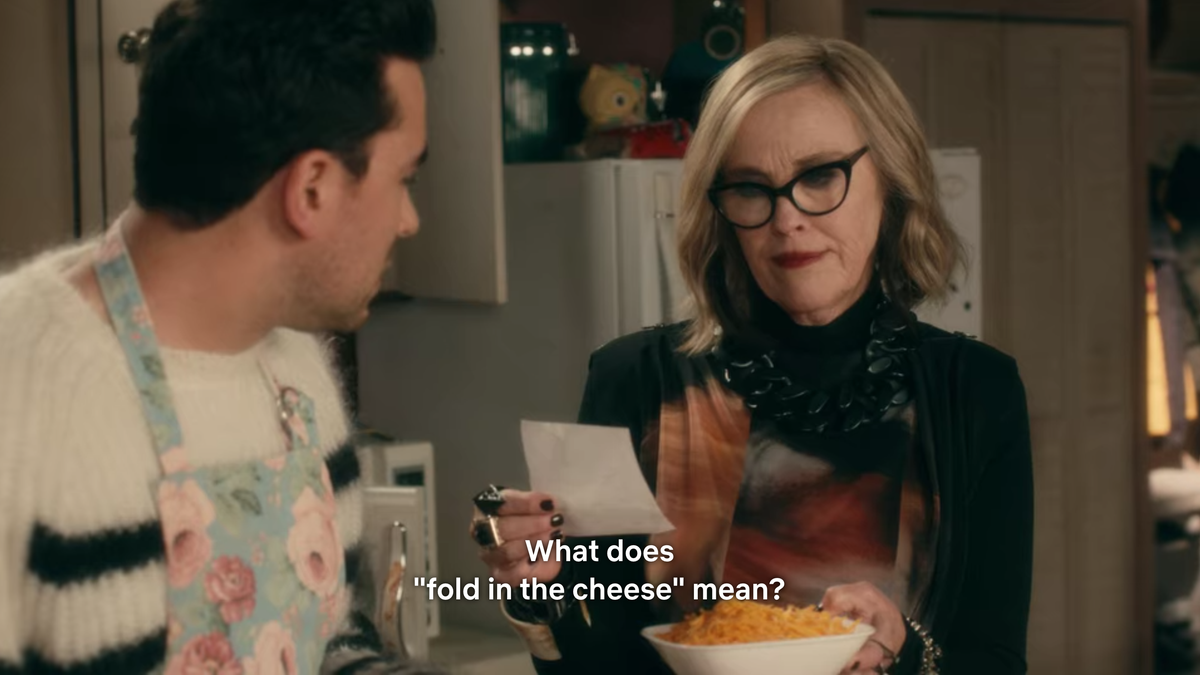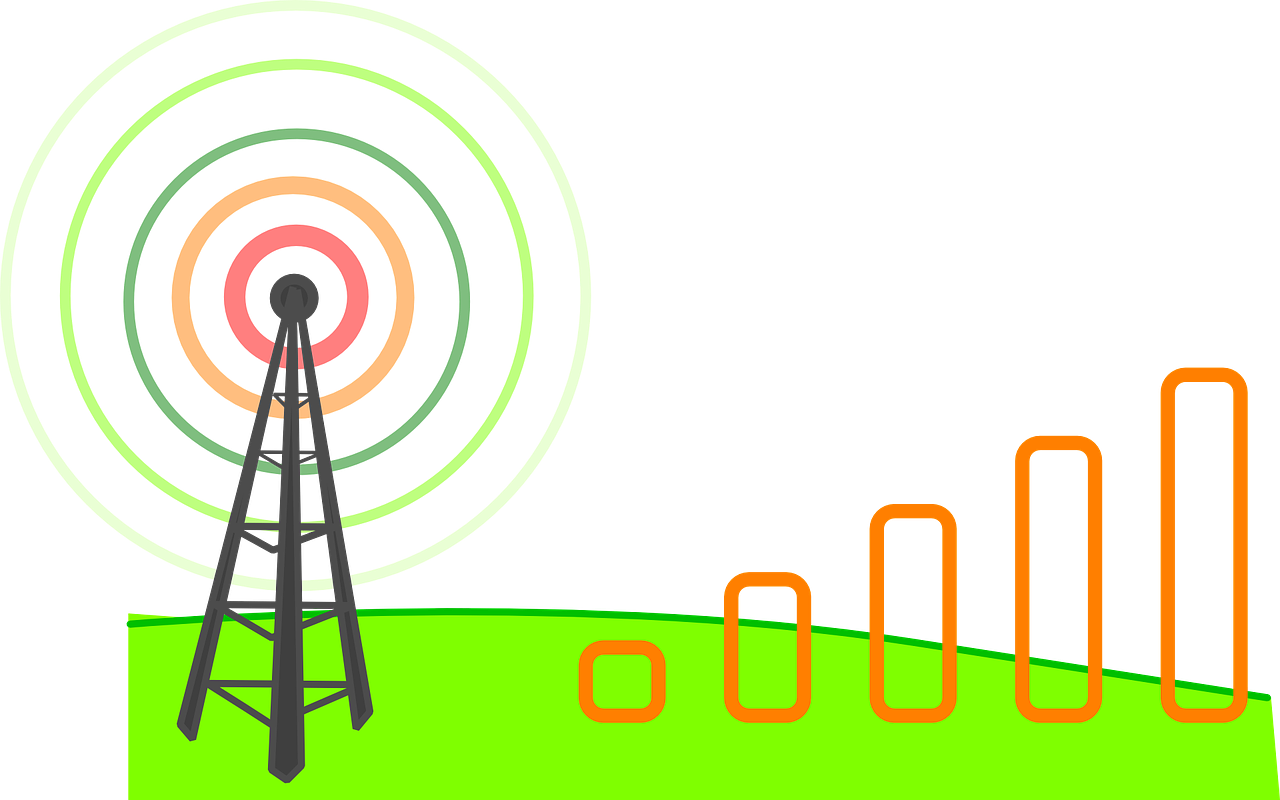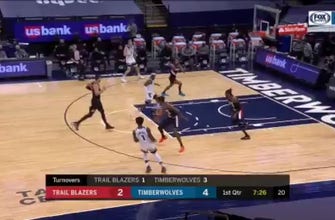Sunak challenges use of cluster bombs after Biden agrees to send them to Ukraine
The prime minister did not back US President Joe Biden after his controversial decision

Sign up for the View from Westminster email for expert analysis straight to your inbox
Get our free View from Westminster email
Rishi Sunak has made clear Britain “discourages” the use of cluster munitions after Joe Biden agreed to send the bombs to Ukraine to aid the fight against Russia.
The Prime Minister on Saturday highlighted that the UK was one of 123 signatories of a convention banning their use after the US president made the “difficult decision”.
Mr Sunak, who will be meeting Mr Biden in London on Monday ahead of a Nato summit, said Britain was instead supporting Kyiv by providing tanks and long-range weapons.
Rishi Sunak did not express support for the US President’s move
(PA Wire)
Mr Biden has faced criticism for supplying the munitions that are banned by many allies in the defence alliance because of their track record of killing many civilians.
The president sought to justify the bombs as being necessary because the “Ukrainians are running out of ammunition” and they will be a temporary measure to stop Moscow’s tanks.
But Mr Sunak chose not to back the move during a by-election campaign stop to Selby, pointing to the UK’s commitment to the Convention on Cluster Munitions.
“Well, the UK is signatory to a convention which prohibits the production or use of cluster munitions and discourages their use,” he told broadcasters.
“We will continue to do our part to support Ukraine against Russia’s illegal and unprovoked invasion, but we’ve done that by providing heavy battle tanks and most recently long-range weapons, and hopefully all countries can continue to support Ukraine.
“Russia’s act of barbarism is causing untold suffering to millions of people.
“It’s right that we collectively stand up to it and I’ll be heading off to the Nato summit next week in Vilnius, where we will be discussing exactly this with our allies how we can strengthen our support for Ukraine.”
The US has argued that Kyiv has provided assurances it will not use cluster bombs in urban areas but some Nato allies are bound to be uneasy over their transfer.
Ukrainian President Volodymyr Zelensky thanked the US for the “timely, broad and much-needed defence aid package” that will “bring Ukraine closer to victory over the enemy, and democracy to victory over dictatorship”.
The munitions are bound to feature in talks at the summit in Vilnius, Lithuania, on Tuesday, where talks on Ukraine’s membership bid to Nato will feature.
The weapons deploy a large number of bomblets across a wide area.
Unexploded bomblets can continue to pose a threat to civilians long after conflicts end.
Volodymyr Zelensky visits Snake Island on 500th day of Ukraine-Russia war
(Volodymyr Zelensky)
The Convention on Cluster Munitions, which prohibits their use or stockpiling because of their indiscriminate effect on civilian populations.
The US, Ukraine and Russia are not signatories.
Both Moscow and Kyiv have used cluster munitions so far in the war.
Commons Defence Committee chairman Tobias Ellwood urged the US to “reconsider”.
The Tory MP tweeted: “This is the wrong call and will alienate international good will.
“Their use leaves deadly unexploded ordnance over the battlefield, killing & injuring civilians long after the war is over.”
It comes as Mr Wallace had pushed to become the first Briton to lead the alliance since 2003, but lacked the necessary support – particularly from the US, the largest military power in Nato.
He told The Economist “it’s not going to happen” and there are “a lot of unresolved issues in Nato”.
At the regular Cabinet meeting on Tuesday, Mr Sunak said Mr Wallace had been an “outstanding candidate” for the role.

 Koichiko
Koichiko 
































